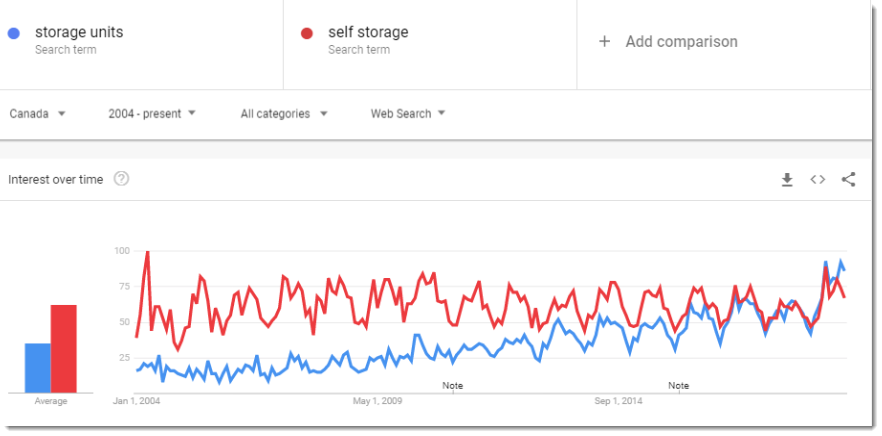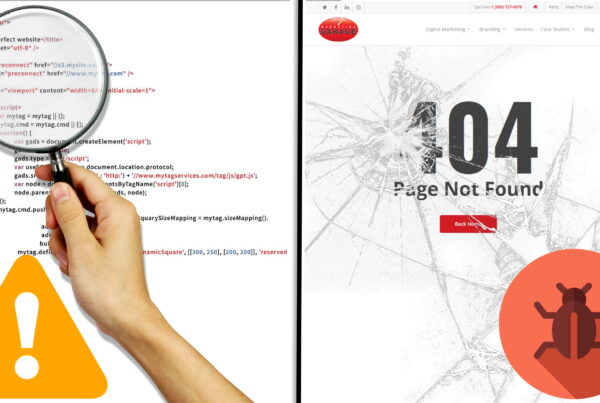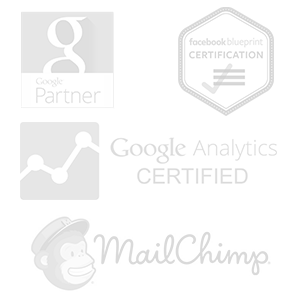
As a Toronto digital marketing agency, we frequently see great ideas fail to gain traction for a variety of reasons. One of the most common and significant issues that we find with failed digital marketing efforts is a misunderstanding of the audience and their needs. You may have an amazing product, campaign, and messaging, but none of that will matter if you whiff on connecting with your target audience.
Here are 3 things to look out for when engaging your target audience and addressing their needs.
1. Don’t Force a Square Peg Into a Round Hole
Search Vs. Display Advertising
Search advertising is usually more effective when the searcher knows what they are looking for or if they are actively in the market looking for your product or service. Since paid search is more targeted than other sources, it often comes at a premium cost when compared to other paid options. Although less common now, we’ve seen several campaigns go completely off the rails by forcing search-based advertising on audiences that just aren’t yet interested or educated enough to care about the product or service.
If you are building a new category or educating consumers where they may not know exactly what they want, you will likely have much more success with a broad awareness-building approach such as using display banner ads or Facebook/paid social media content.
Social Media:
Depending on the category, many different social sites may make sense. Visual products may thrive on platforms like Instagram, Facebook, or Pinterest whereas professional services or B2B offerings may be better off on LinkedIn. Although this is a solid general rule to follow, it’s always a good idea to test multiple platforms and monitor Google Analytics to see which social sites are actually bringing the most visitors to your website, you may be surprised!
2. Use Keyword Research to Speak Your Audience’s Language
Use consumers language when possible:
By researching and using the words or phrases that your audience uses, you’re not only more likely to rank for phrases with actual demand, but you may also even see a bump in conversion rates. Using consumer language helps to avoid confusion and improves your chances of making a connection with your audience.
Uncovering opportunities for website optimization:
You may uncover common questions or needs from your audience. If there are frequent searches around specific questions, you should see an improvement in conversion rates by addressing these needs.
A few examples:
- Frequent questions about pricing? Be as upfront as possible with the price.
- Worries about quality or safety? Show off testimonials, reviews or badges.
- Questions about different products in different scenarios? Visually show these scenarios.
Make sure there is demand:
As digital marketers, we see this all the time. SEO firms will optimize the website for terms with little to no demand. There’s no benefit to ranking #1 for a phrase that isn’t used by your target audience (or anyone!). Instead, use keyword research tools such as the Google Keyword Planner to make sure that real people are actually using these terms.
Avoid phrases with dropping demand:
The words people use may change over time. Use a tool such as Google Trends to make sure that there is a flat or growing demand for the keyword phrase. For example, you can see in the chart below how the way that people search for storage is shifting from “self storage” to “storage units” (likely caused by the increasing popularity of shows like Storage Wars).
3. Avoid Targeting the Wrong Audience
Focus first on the most efficient audiences or keywords: If you have a large audience and a limited budget make sure to reduce the targeting to focus on the audience or keywords which are most likely to convert into valuable actions. This is an extremely common problem where budgets can be completely spent on large and low value, broadly targeted audiences before the smaller, more targeted audiences have a chance. As Toronto marketing consultants, we recommend avoiding words with multiple meanings which may eat away at the budget. Also, focus on longer keyword phrases (longtail keywords) since these are generally used by more educated consumers who are further along on their purchase/decision path.
The Marketing Garage is an award-winning Toronto digital and branding marketing company that cuts through the digital marketing hype to deliver real results. Our unbiased, data-driven audits help you understand what’s working. And what’s not. Read some marketing case studies or give us a call to pop the hood on your marketing.
How else can Digital Marketing help you?
Learn MoreAre you ready to have a conversation?
Talk To UsMore Advice From a Toronto Marketing Company






